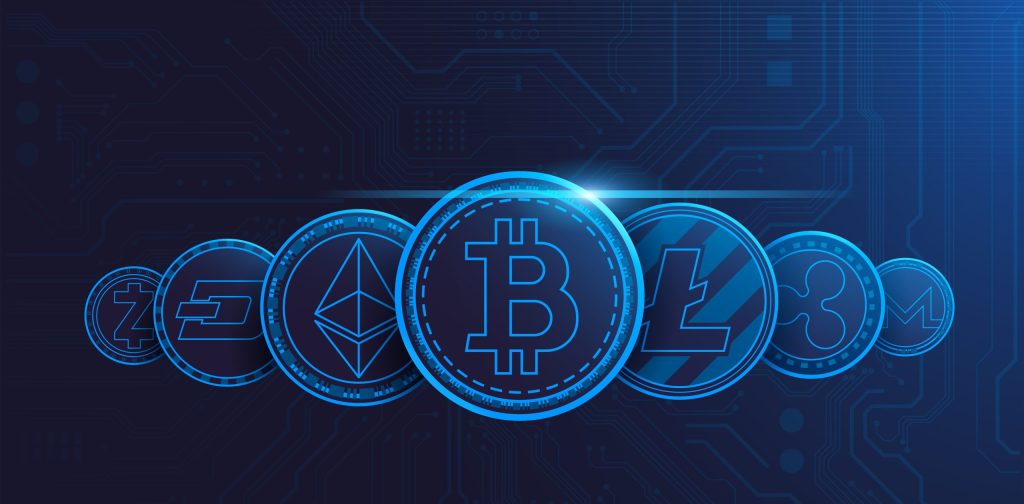PayPal has launched a U.S. dollar stablecoin, PayPal USD (PYUSD), which can be redeemed one-to-one for U.S. dollars. As of today, eligible U.S. PayPal customers who have purchased PayPal USD will have the opportunity to transfer PayPal USD between PayPal accounts as well as external wallets, if compatible.
According to PayPal’s press release, customers will also be able to send P2P payments using PYUSD, pay for purchases by using PayPal USD by selecting it at checkout, and convert any cryptocurrencies supported by PayPal to and from U.S. dollars.
PayPal USD will be featured as an ERC-20 token issued on the Ethereum blockchain and will be easily accessible for web3 applications, wallets, and external developers.
“This is an important development for crypto and stablecoins,”said James Wester, Director of Cryptocurrency and Co-Head of Payments at Javelin Strategy & Research. “For a company with the stature of PayPal to dedicate the necessary resources to issue a stablecoin is notable. PayPal, like most financial services companies, is naturally risk averse, so wading into the stablecoin discussion means they are willing to deal with any of the risk and regulatory consequences. That is especially interesting given the regulatory environment around crypto and stablecoins at the moment. But it is also a sign that PayPal sees the value of stablecoins as they look at the future of payments and digital commerce.”
Stablecoins Are an Answer to Crypto’s Volatility
Cryptocurrencies have been a significant topic of interest for some time now, and 2023 seems to be the year when adoption will flourish. However, the biggest stumbling block to mass adoption—keeping users and investors from embracing crypto—is the perception of volatility.
PaymentsJournal recently discussed stablecoins with Javelin Strategy & Research Analyst Joel Hugentobler, who co-wrote the recent report Building a Better Stablecoin. The biggest draw toward stablecoins is the fact that they are pegged to a “stable reserve asset” such as gold or fiat currency. Fiat currency is in no way as volatile as unpegged cryptocurrencies are.
Merchants are also increasingly adopting these digital assets, which provide low-cost, borderless, and instant transactions.
In their report, Hugentobler and Wester discussed the various benefits of adopting stablecoins and how their continued growth is catching the attention of developers wanting to enhance their offerings.
The only issue that could pose a threat to the innovation and growth of the stablecoin market is the type of regulation that gets applied. It appears that stablecoins could be subjected to more regulatory consideration, as they could be seen as a threat to the integrity of the traditional financial system. Some of the rules and requirements could encompass reporting compliance, taxation, and consumer protection.
